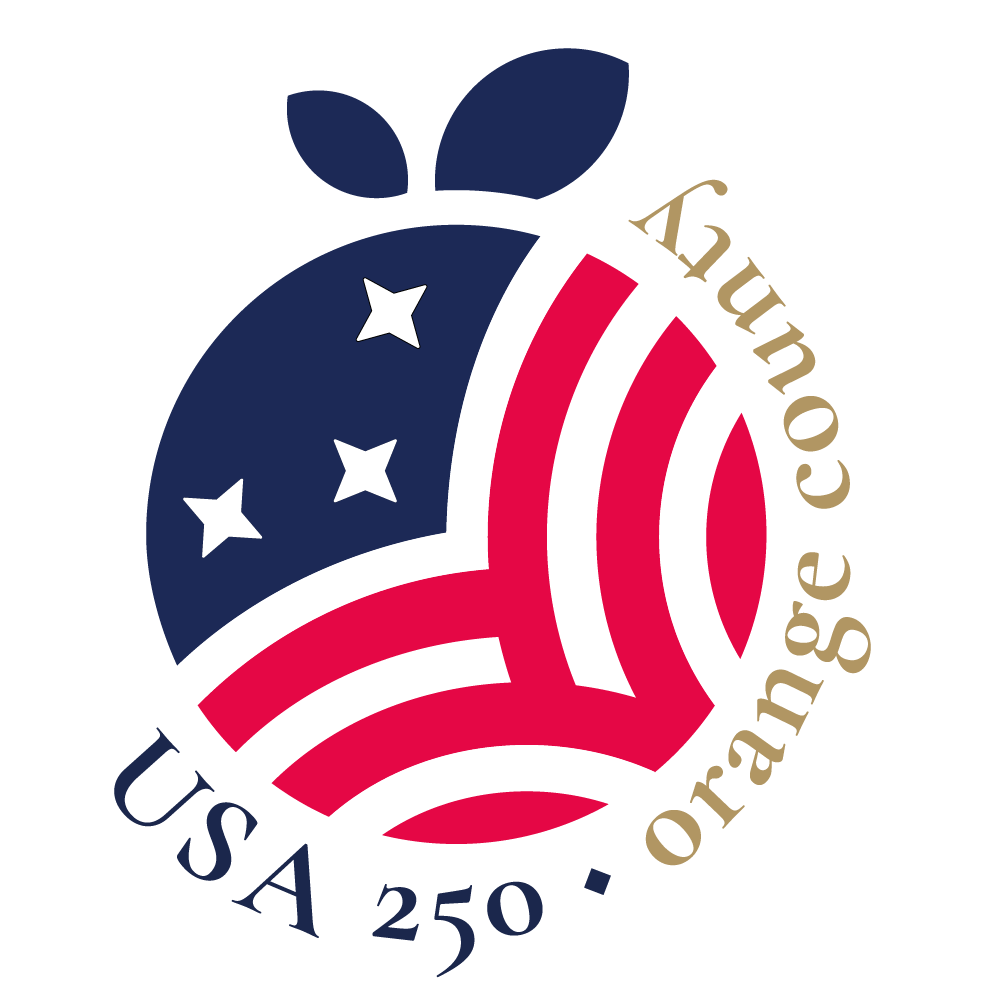The Fourth Amendment to our Constitution guarantees that “the right of the people to be secure in their persons, houses, papers, and effects, against unreasonable searches and seizures, shall not be violated, and warrants shall issue, but upon probable cause, supported by oath or affirmation, and particularly describing the place to be searched, and the persons or things to be seized.”
We often take this right for granted, forgetting it was one of “a long train of abuses and usurpations” by King George III that provoked thirteen north American British colonies to separate from Great Britain in 1776. The Declaration of Independence charged the king with sending “swarms of officers to harass our people and eat out their substance,” noting that “our repeated petitions have been answered only by repeated injury.”
The issue of “illegal searches and seizures” surfaced and came to a head in Boston in 1761. More than a century earlier, the British Parliament had passed the Navigation Act. It was later supplemented by the Importation Act of 1733. Together their purpose was to control commercial relations between Great Britain and its colonies. Both parties generally ignored the regulations, but as the colonies prospered and their trade became more important to the British economy, Parliament imposed new rules severely restricting the colonies from trading with other nations, including France and Spain. The colonists resisted these new regulations, and their commercial activities became considered “smuggling.” Resistance and smuggling were widespread.
To curb law evasion and smuggling, the Court of Exchequer in London allowed royal officers in America to issue search warrants for contraband goods. Granted in 1760, the Writs of Assistants authorized any officer or his subordinates or any other person to act in the name of the king’s officer to examine any and all places, whether or not there was any evidence for such a search. No prior legal proceedings were required.
The king’s officers in Massachusetts took their case to court, with Thomas Hutchinson presiding over a panel of five judges. James Otis, a talented and popular attorney in Boston, had recently received a crown appointment as Advocate Geneal, a lucrative salaried position. It would be his job to support the government and defend the Writs of Assistance.
Otis was known for accepting only cases that would result in justice, not simply seeking a “win” for his client. In this case, he immediately resigned his new position rather than defend a government practice which he believed to be unjust, illegal and unconstitutional. The merchants of Boston quickly approached him to represent them. He agreed and even refused to accept a fee.
Otis was replaced by Jeremiah Gridley as the king’s advocate. In a strange twist of fate, Gridley had been Otis’s law preceptor. The student now faced off against his teacher in in a case that was as much political as legal. The first hearing took place on February 24, 1761, as Gridley made the case for the Crown, conceding that the writs were unpopular, but insisting their legality had long been accepted. Oxenbridge Thacher, Otis’ co-counsel spoke next, but neither Thacher nor Gridley could foresee or match the compelling oratory and riving exposition of the law, reason, history, the rights of man and Magna Carta exhibited by Otis to defend the colonies against “blank check” searches and seizures.
Seated in the packed court room was a young attorney destined to be a force for independence from Great Britain. Taking copious notes of Otis’ oration, John Adams described Otis as “a flame of fire; with a promptitude of classical allusions; a depth of research, a rapid summary of historical events and dates, a profusion of legal authorities.” This was, Adams continued, “the first scene of the first act of opposition to the arbitrary claims of Great Britain.”
In the end, the Crown’s agents won the case, but it was pyrrhic victory; no writs were issued in Boston and within months Otis was elected to the Massachusetts House of Representatives. He would go on to write Rights of the British Colonies Asserted and Proved in which he declared, “the supreme power cannot take from any man any part of his property, without his consent in person or by representation,” the genesis of the revolutionary demand for “no taxation without representation.” For the first time, an American had openly questioned the ultimate power of Parliament or, as John Adams wrote of Otis’ court room oration, “American independence was then and there born.”
